Ecopipam: D1 Antagonist for Tourette Syndrome
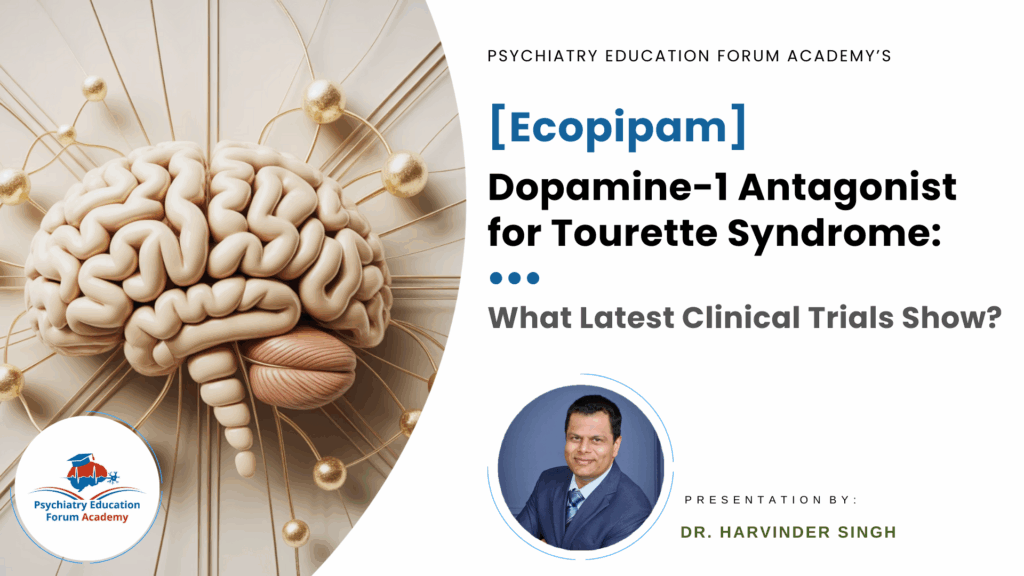
Why Clinicians Are Paying Attention to This First-in-Class D1 Antagonist
Tourette syndrome remains one of the most challenging conditions in child and adolescent psychiatry—not because we lack medications that work, but because we lack medications that patients and families can tolerate. For decades, clinicians have relied on D2-blocking antipsychotics for tic suppression. And while effective, these medications carry substantial risks: weight gain, metabolic syndrome, extrapyramidal symptoms, and long-term neurologic concerns.
As a result, many families decline medication altogether, even when tics are significantly impairing.
But a new investigational option is generating significant interest in the field: ecopipam, a selective dopamine D1 receptor antagonist. Unlike antipsychotics, ecopipam does not block D2 receptors—potentially offering tic reduction without the metabolic or neurologic baggage.
So what do we actually know so far?
What the Research Shows So Far?
Multiple clinical trials—including a large Phase 2b randomized controlled trial—have shown:
Statistically significant tic reduction compared to placebo
Improvements in global functioning
No weight gain or metabolic effects
No ECG abnormalities
No extrapyramidal symptoms
Most common side effects: headache, insomnia, fatigue, somnolence
While efficacy appears moderate, the tolerability advantage is what makes ecopipam so intriguing for pediatric practice.
The following slide is from our academy’s new chapter. This summarizes key findings from the 12-month open-label extension study of ecopipam in children and adolescents with Tourette syndrome.
- In this longer-term trial, ecopipam was titrated to a target dose of 1.8 mg/kg/day and showed sustained improvement in both tic severity and quality of life across the entire year of treatment.
- Importantly, the medication was well tolerated, with no significant changes in BMI, cholesterol, glycated hemoglobin, or movement-related adverse effects—safety domains that often limit the use of antipsychotic therapies.
- The most common adverse events, such as nasopharyngitis and mild anxiety, were generally manageable and did not lead to new safety concerns.
- Overall, the study supports ecopipam’s potential to provide long-term, clinically meaningful tic reduction without the metabolic or neurologic risks associated with traditional D2-blocking medications.
Why Clinicians Are Interested?
If future Phase 3 trials confirm these findings, ecopipam could:
Offer a non-D2 pathway for tic control
Provide a pharmacologic option for families refusing antipsychotics.
Reduce long-term metabolic and neurologic risk
Fit earlier in treatment algorithms for youth with moderate–severe tics
For many clinicians, a safe, well-tolerated alternative to antipsychotics would represent a meaningful shift in practice.
DEEP DIVE FOR FOR ACADEMY MEMBERS:
Want the Full Deep-Dive Lecture?
The detailed lecture—covering trial methodology, dosing used in research protocols, long-term extension data, safety tables, clinical algorithms, and a full case application—is available exclusively for Academy members.
This in-depth session includes:
- Introduction & Tourette Syndrome Treatment Landscape
- Ecopipam Mechanism, Pharmacology & Rationale
- Clinical Trial Evidence (Phase 2b, Meta-Analysis, Long-Term Data)
- Safety Profile, Mood Signal & Trial-Based Dosing
- Clinical Integration: Algorithm, Patient Selection & Case Vignette
- Key Takeaways, Limitations & Unanswered Questions
Child and Adolescent Psychiatry
-
Autism Spectrum Disorder (ASD)
- ASD: Comparing Medications in ASD (Net Benefit Score)
- ASD: Aggression & Irritability
- ASD: Anxiety
- ASD: Depression
- ASD: Attention, Hyperactivity & Cognition
- ASD: Sensory Sensitivity
- ASD: Tics/Abnormal Movements
- ASD: Insomnia
- ASD: Self Injury
-
ADHD
- Compensatory Behavior Changes for ADHD Management
- Comparing Methylphenidate Long-Acting Formulations
- Guanfacine XR for ADHD
- Clonidine XR (Liquid) for ADHD
- Centanafadine for Adolescents With ADHD: Non-Stimulant Option
-
MDD
- Compararing Antidepressant Medication for Adolescent Depression
-
Bipolar Disorder
- Antipsychotics vs Mood Stabilizers: for Acute Mania
-
Tourette Syndrome
- Ecopipam for Tourette Syndrome
-
PANS (Pediatric Acute-onset Neuropsychiatric Syndrome)
- PANS: Diagnostic Evaluation
- PANS: Management
We continue to review and summarize clinically relevant research to support your daily practice.
INTERESTED IN ACCESS TO THIS & OTHER CLINICALLY RELEVANT LECTURE SERIES?
JOIN ACADEMY MEMBERSHIP:
This is a closed membership for medical professionals only.
- 400+ Clinically Relevant Chapters: Each chapter within these sections is of direct clinical relevance for your daily practice. (Table of Content)
- Journal Club: we will post the most recently published psychiatry articles relevant to your daily clinical practice. (Read Content)
- Clinical Case Discussion: Dr. Singh (Psychiatry) and Dr. Kaur (Family Medicine) discuss clinical cases to integrate the clinical cases from Psychiatry and Medicine. (Read Content)
- Monthly Insights: Gain access to our monthly sessions featuring the latest on recent publications, new medication approvals, FDA updates, and more. (Monthly Insights)
- Discussion Forum & Community: Connect with other medical professionals and discuss your difficult-to-treat clinical cases. (Academy Network)
- Goal: is to have all important clinically relevant topics in one place for ease of access.
DISCOUNTS AVAILABLE FOR: Residents & Students ONLY.
Email us your student information (program information and way to confirm your student status) to: [email protected]
© 2025 All Rights Reserved.
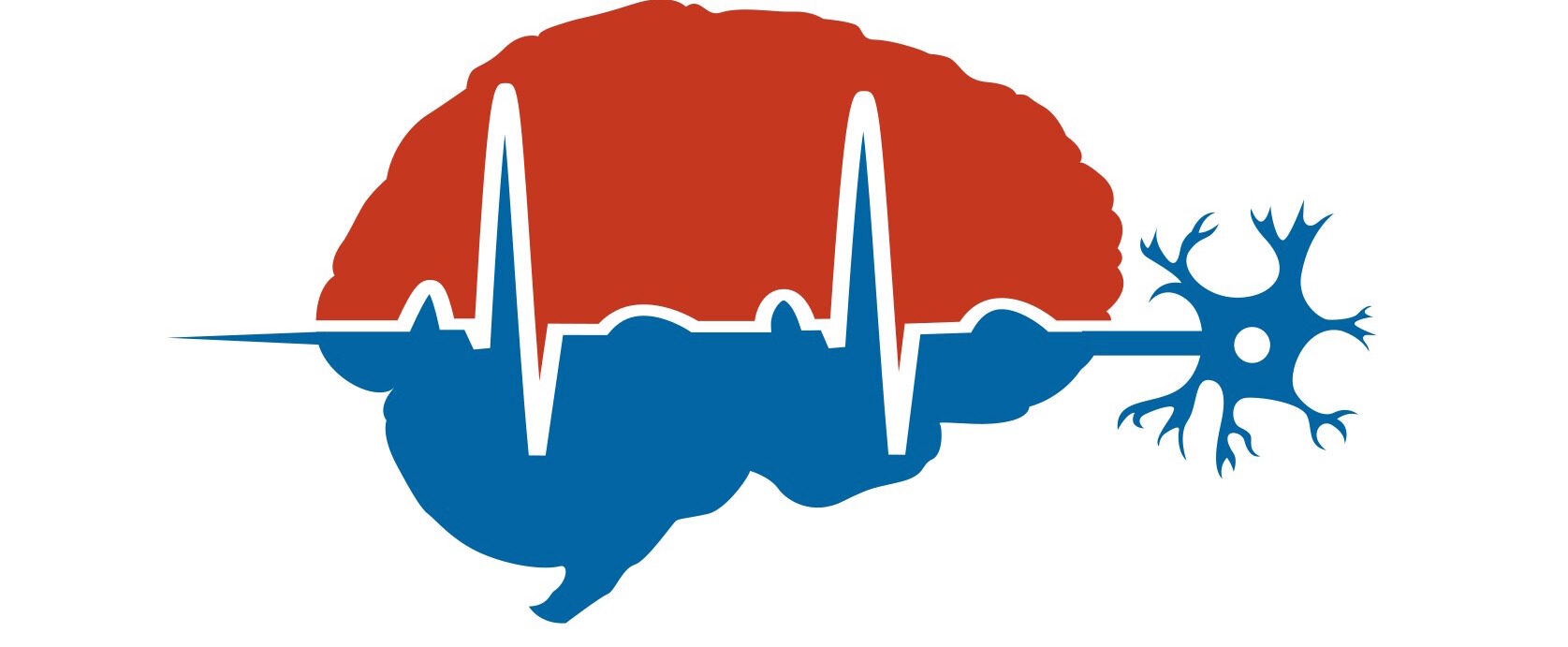
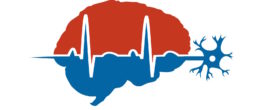
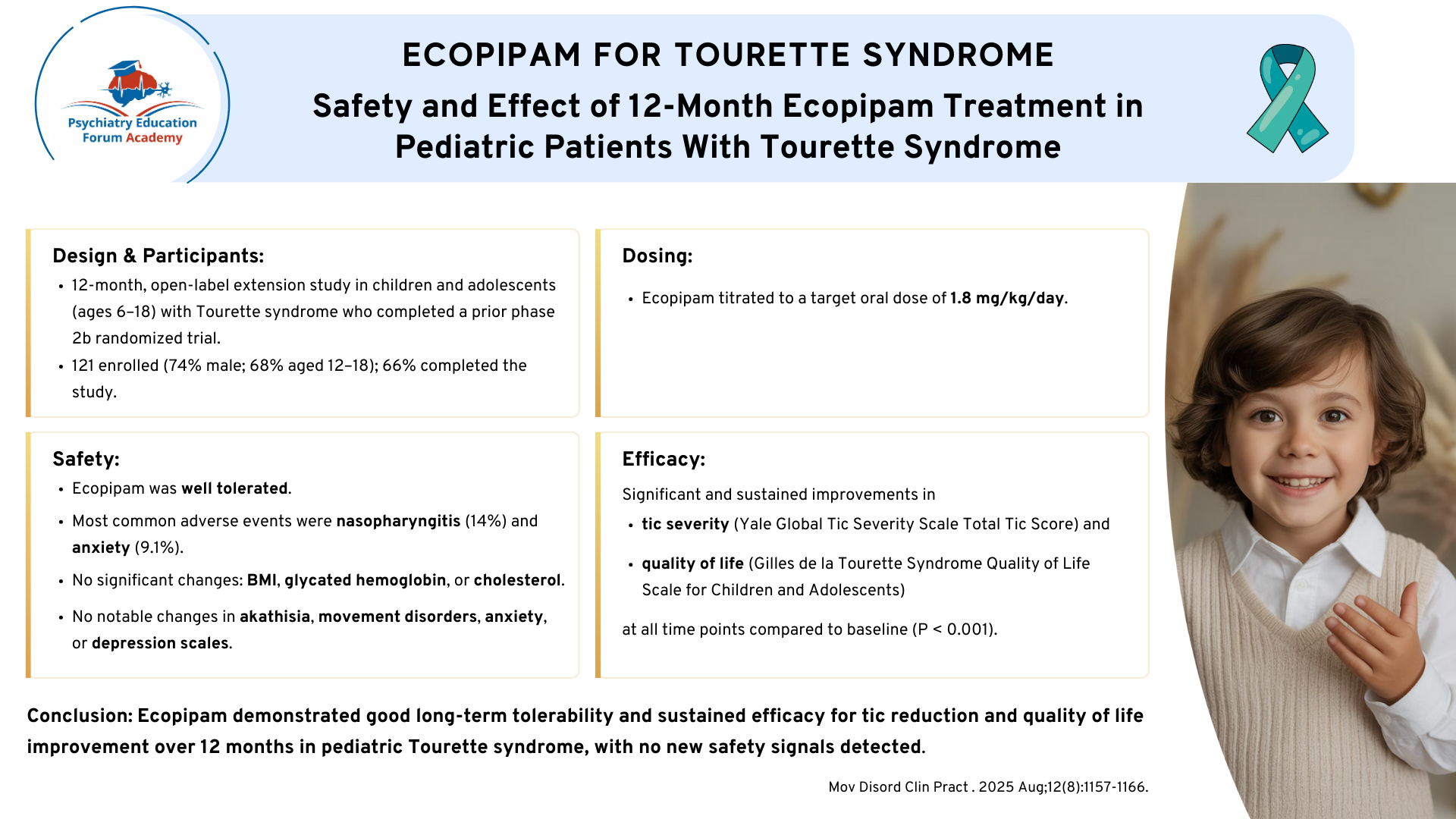
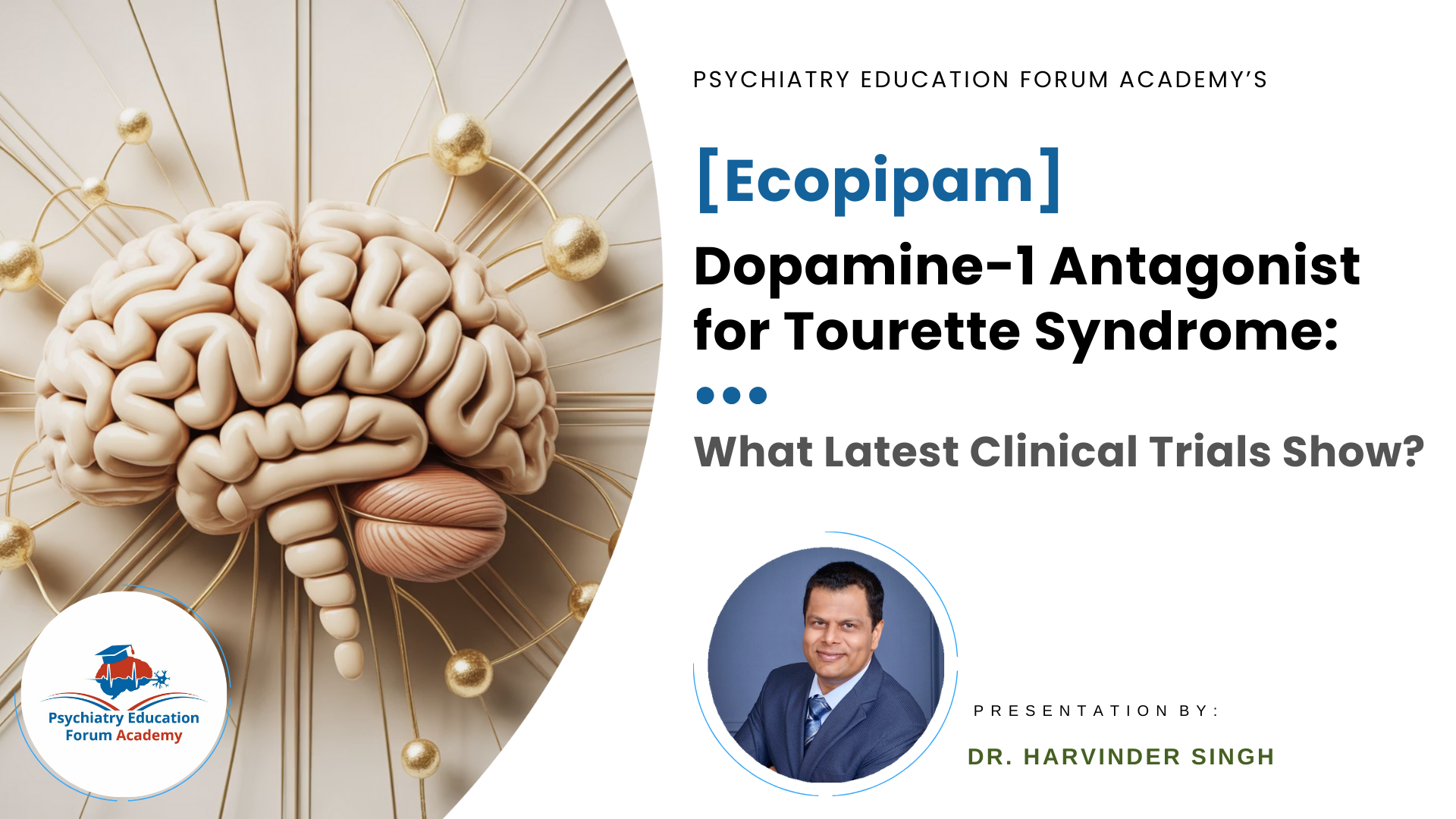


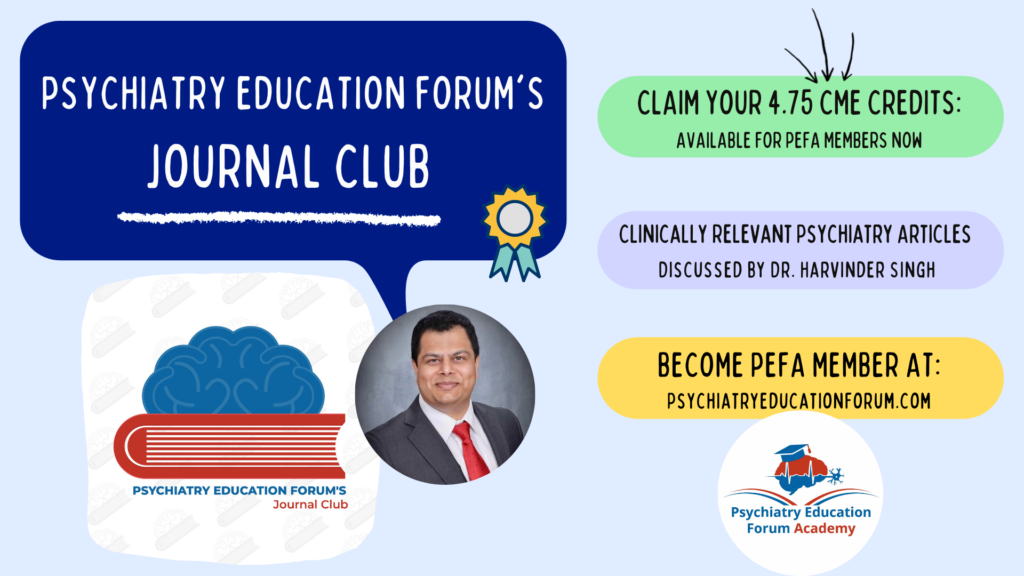
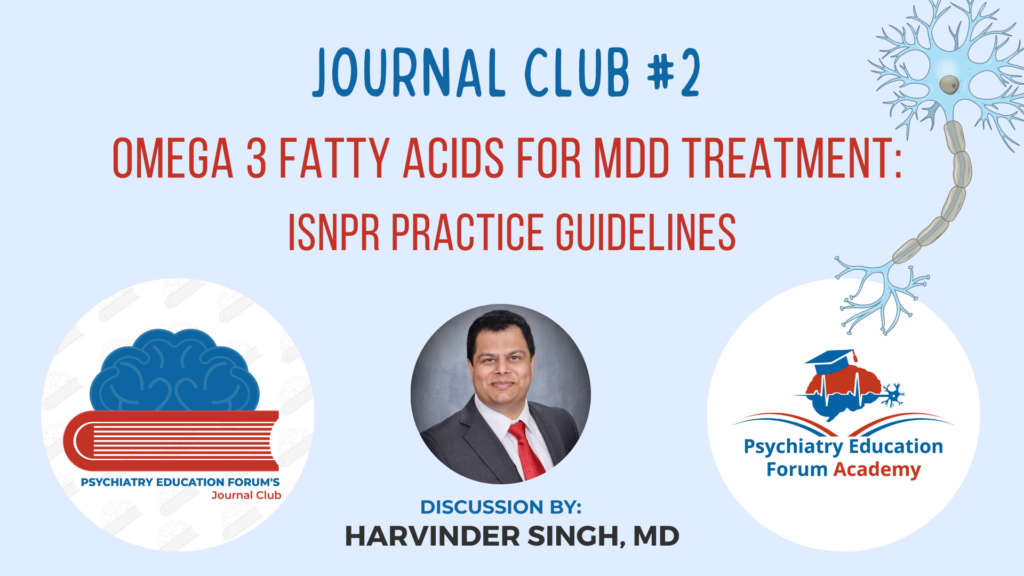
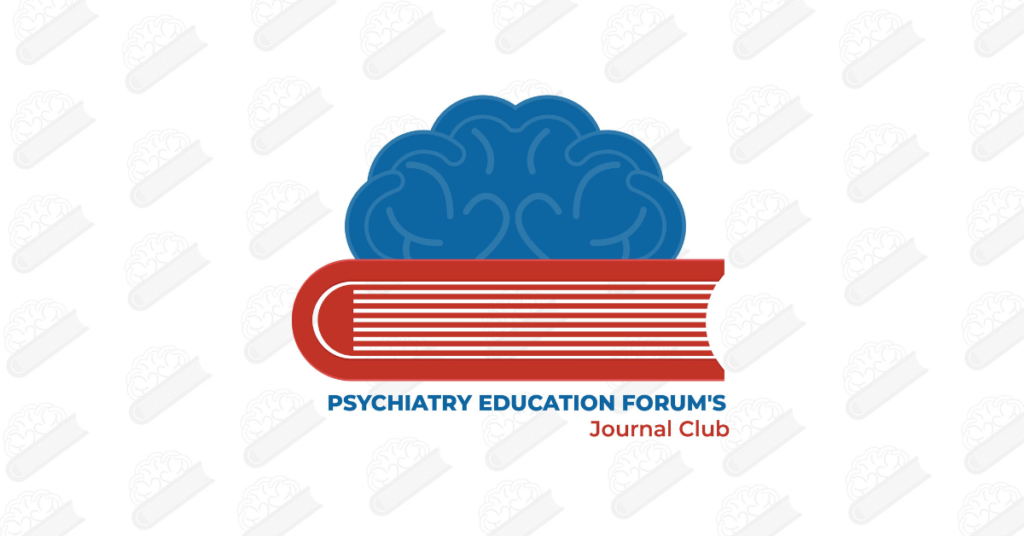

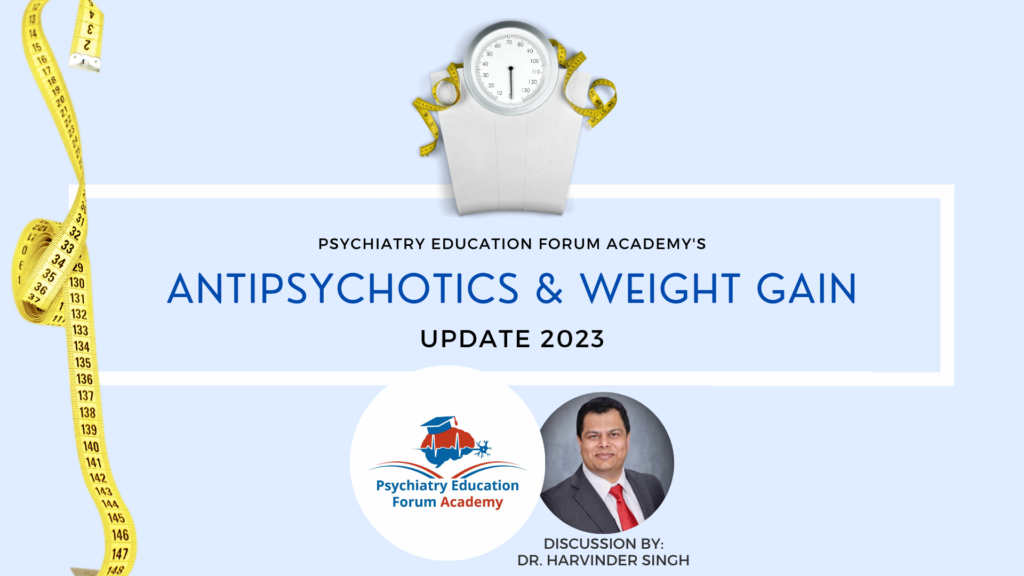
Responses